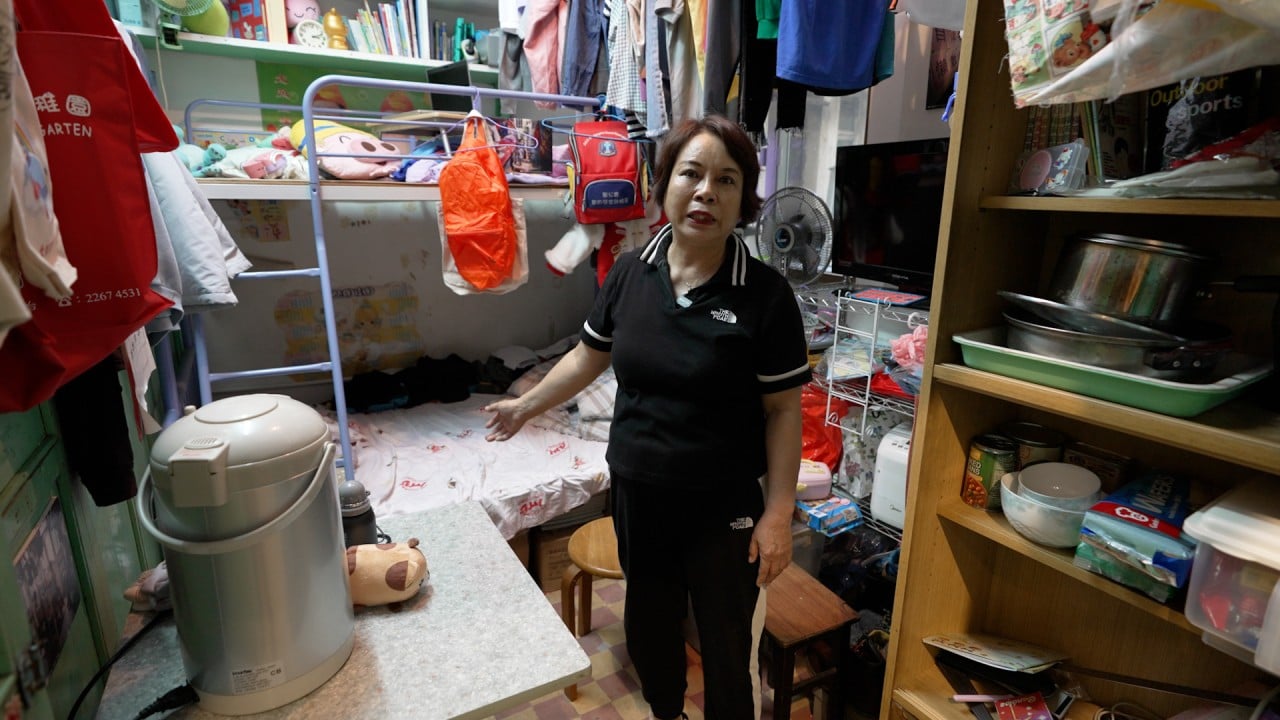Opinion: Tackle Hong Kong’s shortage of affordable housing with more subsidised sale flats
[ad_1]
The latest Long Term Housing Strategy report outlines a rolling 10-year housing supply plan. Next year, the government will maintain the split of 70 per cent for public rental housing and the Green Form Subsidised Home Ownership Scheme and 30 per cent for other subsidised sale flats.
With few incentives for people to climb up the housing ladder, public resources and talent are trapped within a sluggish system. Hong Kong’s demand for subsidised sale flats surpasses the need for public rental housing; the proportion of these flats should be increased.
As of June, more than 40 per cent of public rental housing applicants were single people under the age of 60. In fact, last year, their average age was 36 years old, and 40 per cent had attained postsecondary education or higher.
In 2021/22, 0.4 per cent of public rental housing units were voluntarily surrendered by tenants who successfully bought subsidised sale flats. This does not mean their interest in home ownership is low, though. In 2021, 22 per cent of tenants said they would consider buying new subsidised sale flats.
More subsidised sale flats would mean members of Hong Kong’s sandwich class have a better chance of buying homes. The number of households ineligible to apply for public rental housing yet unable to afford private housing rose from about 370,000 in 2001 to almost 980,000 in 2021, accounting for about 37 per cent of all households in Hong Kong.
These people struggle with limited housing options and face cutthroat competition for subsidised sale flats. In the past six rounds of Home Ownership Scheme sales, units allocated to “white form” applicants – predominantly sandwich class residents – have been oversubscribed by an average of 50 times. The rate in 2018 and 2019 exceeded 100 times. Driven by necessity, those in the sandwich class have no choice but to apply and reapply for subsidised sale flats until they eventually secure one.
Increasing the supply of subsidised sale flats could prevent the housing system from falling into a vicious cycle. The government has often spoken about the importance of building a robust housing ladder. However, with insufficient subsidised sale flat options, those in public rental housing have limited alternatives that would allow them to move up the housing ladder. Meanwhile, applicants are forced to languish in the queue.
Further expansion of the public rental housing system comes at a price. Beyond the initial construction costs, the government also must pay for ongoing management, maintenance and redevelopment costs. Last year, spending on maintenance surpassed HK$4 billion.
It is time for change. The government recently identified land capable of housing 100,000 more units than the existing plan. This paves the way for it to adjust the current 70/30 public housing split to a more balanced 50/50 distribution. By increasing subsidised sale flats, we can empower Hongkongers to achieve home ownership and foster social mobility.
Dr Wendy Hong is a Legislative Council member for the Election Committee constituency
[ad_2]
Source link







